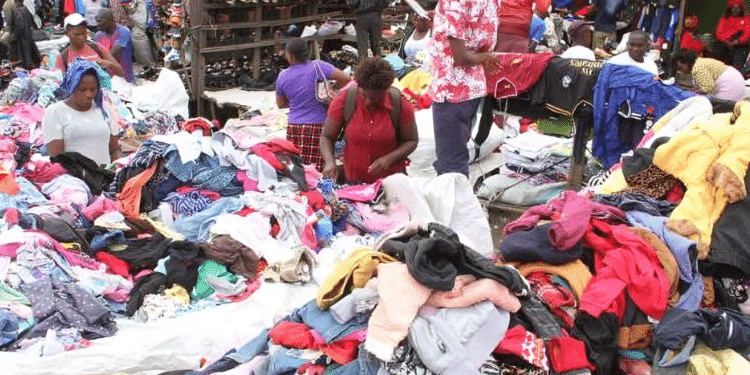President William Ruto assented to the Finance Bill 2025 on Thursday morning at State House, paving the way for the implementation of several provisions including new taxes on imported textiles and secondhand clothing (mitumba).
This will be implemented through the deletion of paragraph (xxxi) of Part A and paragraph (xvii) of Part B of the Second Schedule to the Miscellaneous Fees and Levies Act.
The change would subject goods under Chapters 5407 and 6309—covering certain textiles and used clothing—to both the Import Declaration Fee (IDF) at 2.5% and the Railway Development Levy (RDL) at 2.0% of the customs value.
According to the Finance Bill 2025, the Second Schedule to the Miscellaneous Fees and Levies Act is amended as follows:
- Part A:
- Paragraph (xxxi), which had exempted specific goods—including certain textile imports—from paying IDF, is deleted.
- A new paragraph (xxxii) is inserted, exempting “inputs, raw materials and machinery used in the manufacture of mosquito repellents,” subject to the recommendation of the Cabinet Secretary for Health.
- Part B:
- Paragraph (xvii) is deleted. This paragraph exempted goods under Chapter 5407 (woven fabrics) and Chapter 6309 (used clothing and other worn articles) from the Railway Development Levy, if imported as raw materials for textile manufacturing.
- A new paragraph (xviii) is inserted, exempting “inputs, raw materials and machinery used in the manufacture of mosquito repellents.”
Finance Bill 2025 Slaps New Charges on Textile, Mitumba Imports
Previously, paragraph (xvii) of Part B of the Act exempted these goods from the Railway Development Levy when imported for manufacturing purposes, upon the recommendation of the Cabinet Secretary responsible for Investment, Trade, and Industry.
Similarly, paragraph (xxxi) of Part A had stated:
“The following goods are exempt from payment of import declaration fee when imported or purchased before clearance through customs: goods of Chapter 5407 and Chapter 6309 imported as raw materials for the manufacture of textile products in Kenya, upon recommendation of the Cabinet Secretary responsible for industry.”
Also Read: Finance Bill 2025 to Remove Tax Exemption for Select Cars
Tea, Aluminum, Crypto Hit by New Levies
The Finance Bill 2025 has also introduced a series of new duties and excise taxes targeting imported goods and digital transactions.
Among the key proposals is a 25% import duty on all tea—whether flavoured or not—aimed at curbing reliance on foreign blends.
Imported uncoated or other kraft paper will attract a 25% duty or Ksh 50.00 per kilogram, whichever is higher, while glass and safety glass will face a 35% duty or Ksh 500.00, whichever is greater.
In a further move, the Bill proposes a 25% excise duty or Ksh 400.00 per kilogram on imported aluminum profiles, potentially affecting the construction and manufacturing sectors.
Additionally, a 10% excise duty will apply to fees charged on virtual asset transactions by Virtual Asset Providers, signaling a new taxation frontier in the growing digital economy.
Also Read: Exposed: How Finance Bill 2025 is a Betrayal of Kenyans
Gov’t Eyes More Revenue from Packaging Imports
The Bill further proposes changes in duty structure for specific packaging materials. Duty on imported paper under tariff 4821, which is used for labeling dry cell batteries, is shifting from a pure ad valorem rate of 25% to the higher of 25% or Ksh 200 per kilogram.
For cartons and boxes under tariff heading 4819, the applicable rate is changing from 25% or Ksh 75.00 per kilogram to 25% or Ksh200.00 per kilogram.
A similar adjustment is proposed for imported glass bottles, moving from a flat 35% duty to the higher of 35% or Ksh 40.00 per kilogram.
In the construction sector, float glass—which currently attracts an excise duty of 35% or Ksh200.00, whichever is higher—will now be charged at 35% or Ksh 500.00 per square meter, whichever is higher.
Additionally, a 10% excise duty is set to be applied to fees charged on virtual asset transactions by Virtual Asset Providers, marking the entry of crypto and digital assets into the tax net.
Follow our WhatsApp Channel and X Account for real-time news updates.





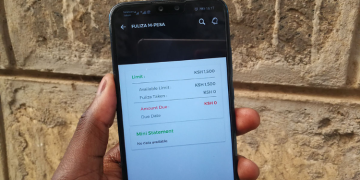



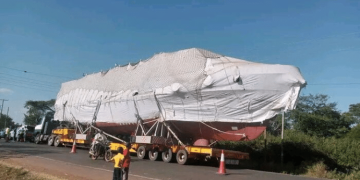
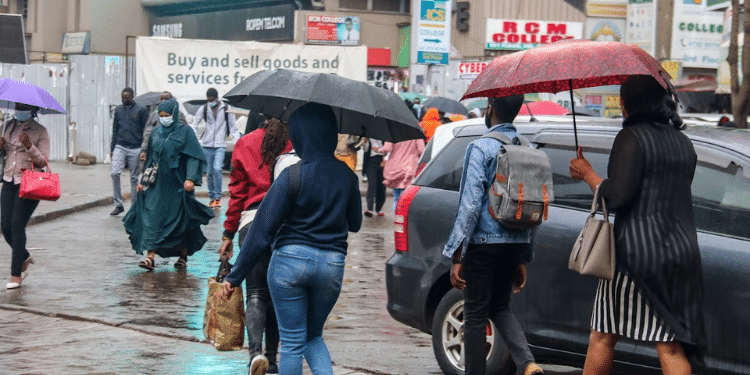










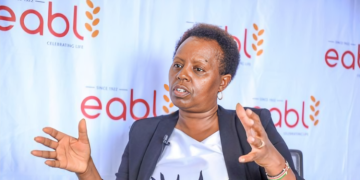


































![Senator Allan Chesang And Chanelle Kittony Wed In A Colourful Ceremony [Photos] Trans Nzoia Senator Allan Chesang With Channelle Kittony/Oscar Sudi]( https://thekenyatimescdn-ese7d3e7ghdnbfa9.z01.azurefd.net/prodimages/uploads/2025/11/Trans-Nzoia-Senator-Allan-Chesang-with-Channelle-KittonyOscar-Sudi-360x180.png)
















